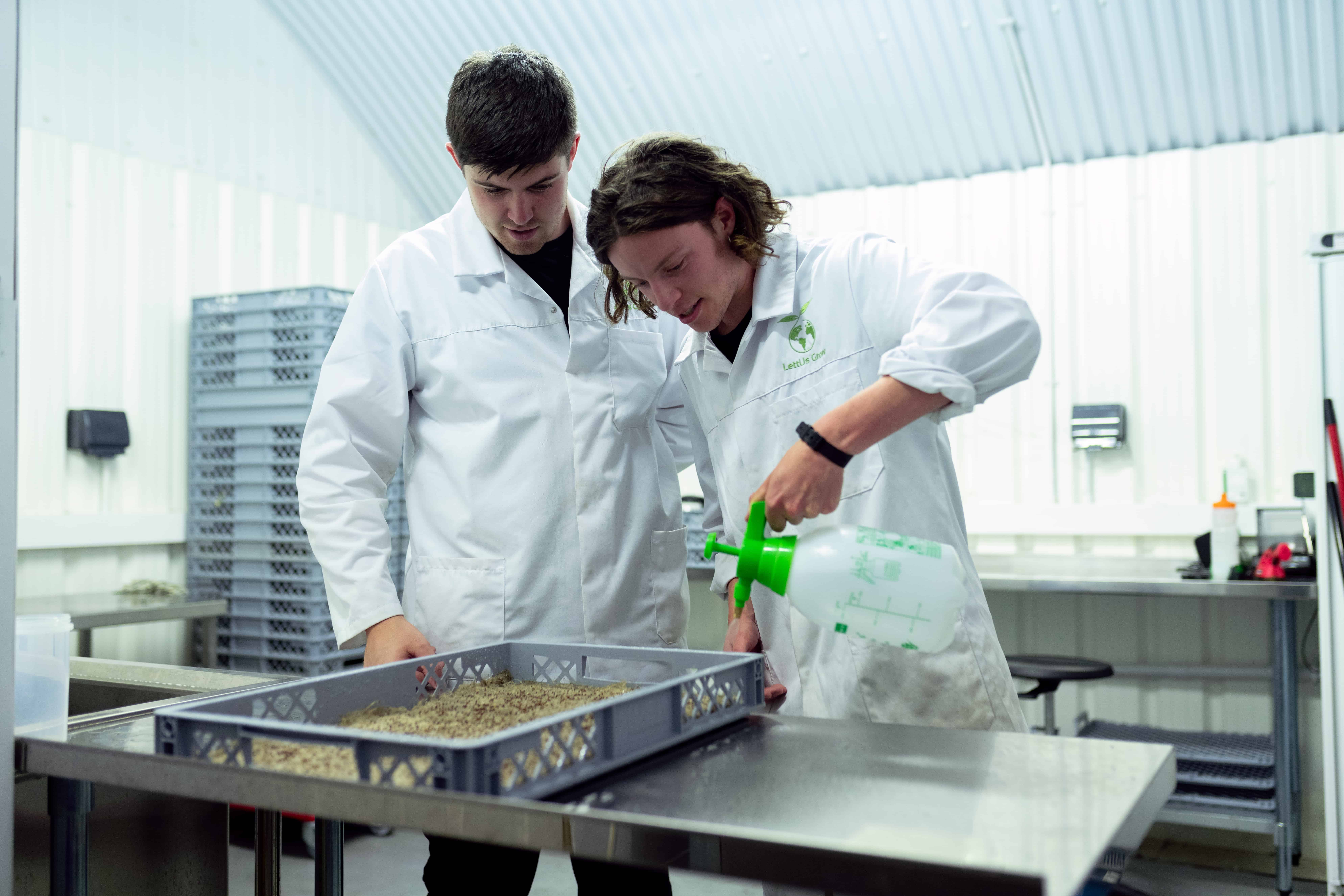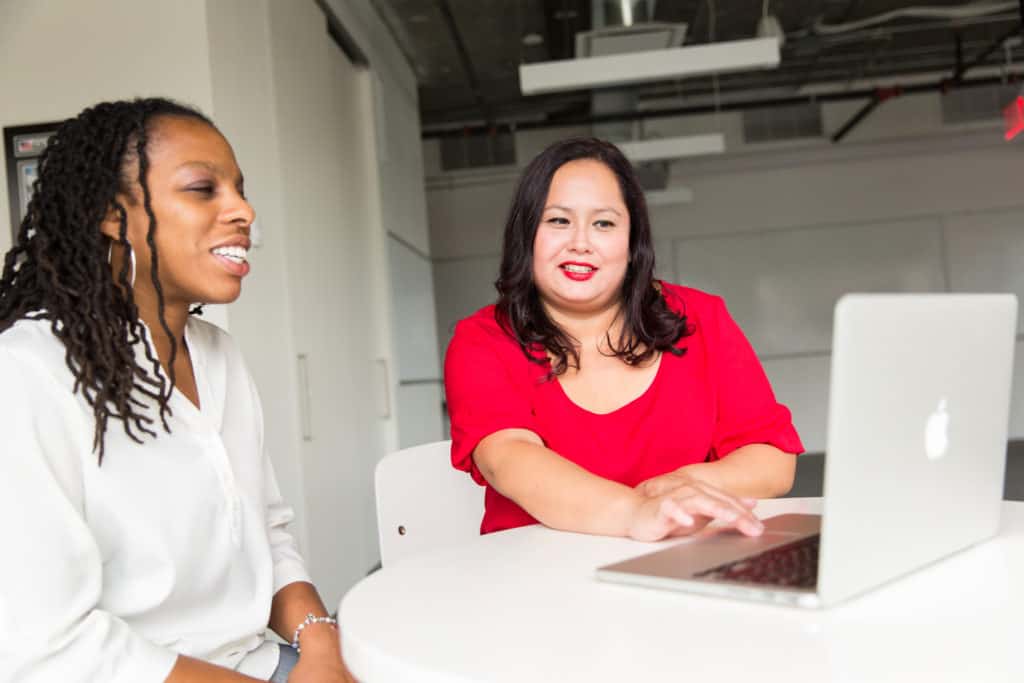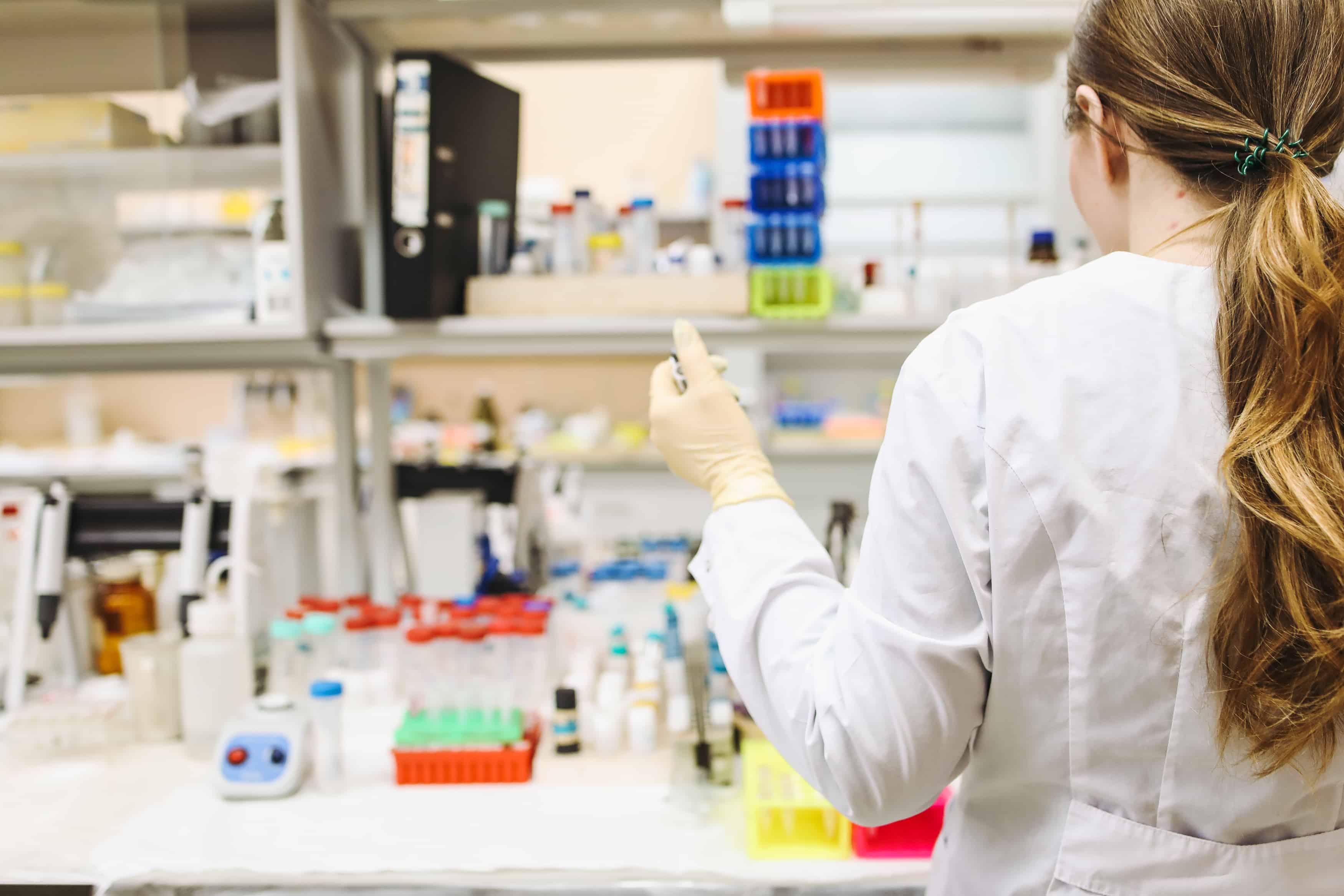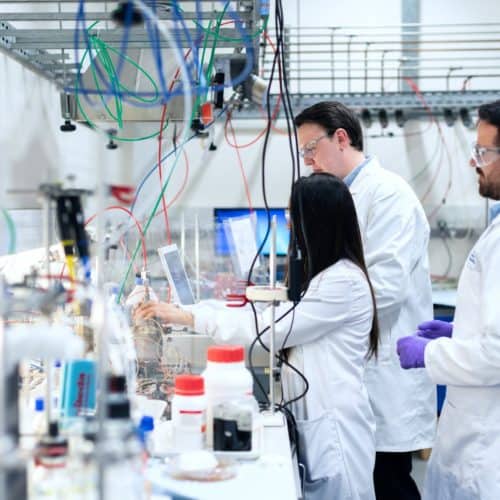
Working or volunteering in a research lab during high school or college is crucial for gaining exposure to how science is conducted. It is also an important part of your applications for MD, MD-PhD, and Ph.D. programs. The latter two programs, in particular, evaluate your research experiences as one of the few most important factors for admission – after all, you would be committing to at least four years of research. Additionally, 76% of 2009 and 77% of 2010 medical school matriculants listed some sort of research/lab experience on their application (Medical School Admission Requirements (MSAR) 2010, Washington, D.C; MSAR, 2011, Washington, DC). In this article, I will share how to get a research position as a student in high school or college.
Why should I do research?
I remember that my research positions during the academic and summer terms were some of my most formative experiences – they helped me understand what trajectory I wanted to take with my academic and professional journey. It was truly one of a few critical experiences that helped me decide whether or not I wanted to pursue just an MD, Ph.D., or both.
It was through a summer research internship after my second year of college that I first gained exposure to MD-PhD programs through networking and programming events that the summer program provided. I was able to talk to MD-PhD students and learn about their experiences. An MD-PhD program director came to talk about what the dual degree program was and why we should apply.

My research professors also provided me with their guidance and solidified my decision to pursue an MD-PhD. It was with their encouragement and support that I am in the position I am in today.
Your research professors may also be the key letter of recommendation writers for your future application. A number of my research professors have been critical to my applications for MD-PhD programs, scholarships, and most recently, my NIH F30 grant. Even after many years since I worked in their lab, my research professors still have an important impact on me.
How to find a research experience as a student:
1. Your school
Your school may have a student research program and/or work-study program where laboratories are seeking assistants for hire or looking for volunteers. During my academic years, I did my first year in one lab as a paid lab assistant. Another option is to do research for credit. I did my second and third year for biology research credit (which counts towards your GPA). In my senior year, I did an honors thesis for credit.
2. Summer research internships
Check to see if there is a summer research program at your institution. I also recommend looking for research programs outside of your college – it’s a great way to expand your network and delve into research opportunities and niches that your home institution may not offer. I know a friend who didn’t have STEM research opportunities at her college so she relied on summer research internships to build her skill set and experience.

3. Email professor
You can send emails directly to professors at your institution or outside of your institution. For the labs I joined during my second, third, and fourth years of college, I simply emailed the professors directly.
I cover emailing research professors extensively (with templates) in another article – check it out here.
4. Peers
Sometimes research opportunities are not publicly posted but rather spread by word of mouth. I’ve known peers who’ve gotten research opportunities because a friend or upperclassman they knew was seeking a student on behalf of the lab. Don’t underestimate the impact that peers can have. I joined a summer research internship after hearing my friend’s personal experience with it – that experience became the most significant research position that I had my entire undergraduate career and really was pivotal to my academic and professional aspirations. I would have never heard of this program if it wasn’t for my friend!
Additionally, at my school, research opportunities would sometimes be circulated around on our school Facebook page or email. So keep an eye out!

5. Check out these Specific Programs and Database
Some specific programs for undergraduates that I have experience applying to:
- Cold Spring Harbor
- MD Anderson CPRIT-CURE
- Rockefeller University
- Mayo
- Mount Sinai SURP
- Vanderbilt Undergraduate Clinical Research Internship
- Emory SURE program
- Sloan Kettering
- Cincinatti Children’s
- Colorado
For more programs, you can check out these public databases that have a list of research experiences, as well as a few other specific programs:
The AAMC Summer Undergraduate Research Programs Page
APSCA-curated list of Summer Research Programs
NIH Undergraduate Scholarship Program
APSCA Virtual Summer Research Program


